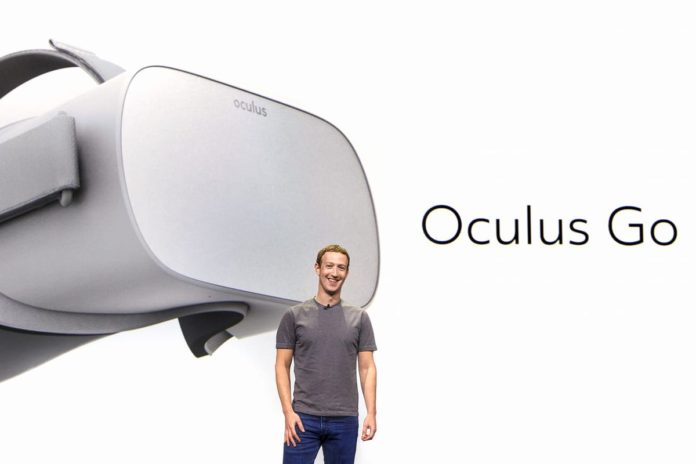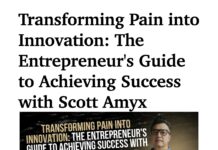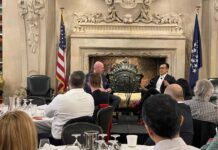Facebook CEO Mark Zuckerberg believes virtual reality (VR) will be the next big thing. He announced the plan to bring a billion people in virtual reality at the company’s annual Oculus VR conference for developers. This is an ambitious plan even for a company the size of Facebook. While the social media platform has 2 billion users, only 2 million VR headsets were shipped worldwide last year. Oculus accounts for 400,000 of the overall shipments. So, there is plenty of room for growth in the VR market.
Facebook’s Plan of Action
The Oculus Go headset will be sold at $199 and will be shipped in early 2018. The Oculus Go will fill the gap between lightweight headsets such as the Samsung Gear VR and the high-end, expensive models like Oculus Rift. Facebook’s Oculus chief, Hugo Barra, says this is the most accessible means to get people into VR. The Oculus Go comes in a comfortable design targeted to a specific market.
The Challenge of Bringing VR to More Individuals
Unlike other social media ventures, bringing virtual reality to a wider audience comes with its own set of challenges. Barra joined Facebook six months ago as its “VP of VR.” Prior to this new position, he worked for Google’s Android division and thereafter for Xiaomi. Right now, Oculus Go is way behind Sony and HTC. But Barra intends to keep up with strategies like the Oculus for Business Program, where customers can purchase headsets in bulk orders for commercial use. Audi and Cisco are some of the companies that have placed large orders. Barra believes this move is helping spread general awareness about VR. But the offer is similar to what Microsoft is doing with the sales of HoloLens, its augmented reality headset.
Facebook isn’t limiting awareness generation to businesses. Last winter, the company showcased the Oculus Rift in different pop-up stores around the US. Although there are no immediate plans to sell in retail stores, Barra isn’t closing the doors on this idea.
Apart from its main competitors’ business models, Oculus also faces a tough challenge against Sony’s gaming headsets such as the PlayStation VR. Facebook has no plans of bringing the untethered Santa Cruz headset to compete against this model yet. The Oculus Go also won’t be shipping until the holiday season.
Oculus’ Plan to Move Forward
Oculus has also experienced a string of leadership changes in the last year. Prior to Barra leading Oculus, co-founder Palmer Luckey left the company earlier this year due to his secret funding of anti-Hillary Clinton advertisements in the last election. CEO Brendan Irbe left in December 2016 while Jon Thomason, head of mobile VR, moved to Uber in September 2017.
Barra believes Oculus’ VR technology will eventually catch up in its current and future markets. Barra indicated that the Oculus platform has over 100 million downloads and has captured a market outside the early-adopter crowd. Zuckerberg is investing billions of dollars to further develop VR for app creation and games and expand it into a much bigger market. While Facebook’s Oculus is trying to get a strong foothold, Barra stressed that awareness comes from having a wide portfolio and that amazing things take time to build.


















